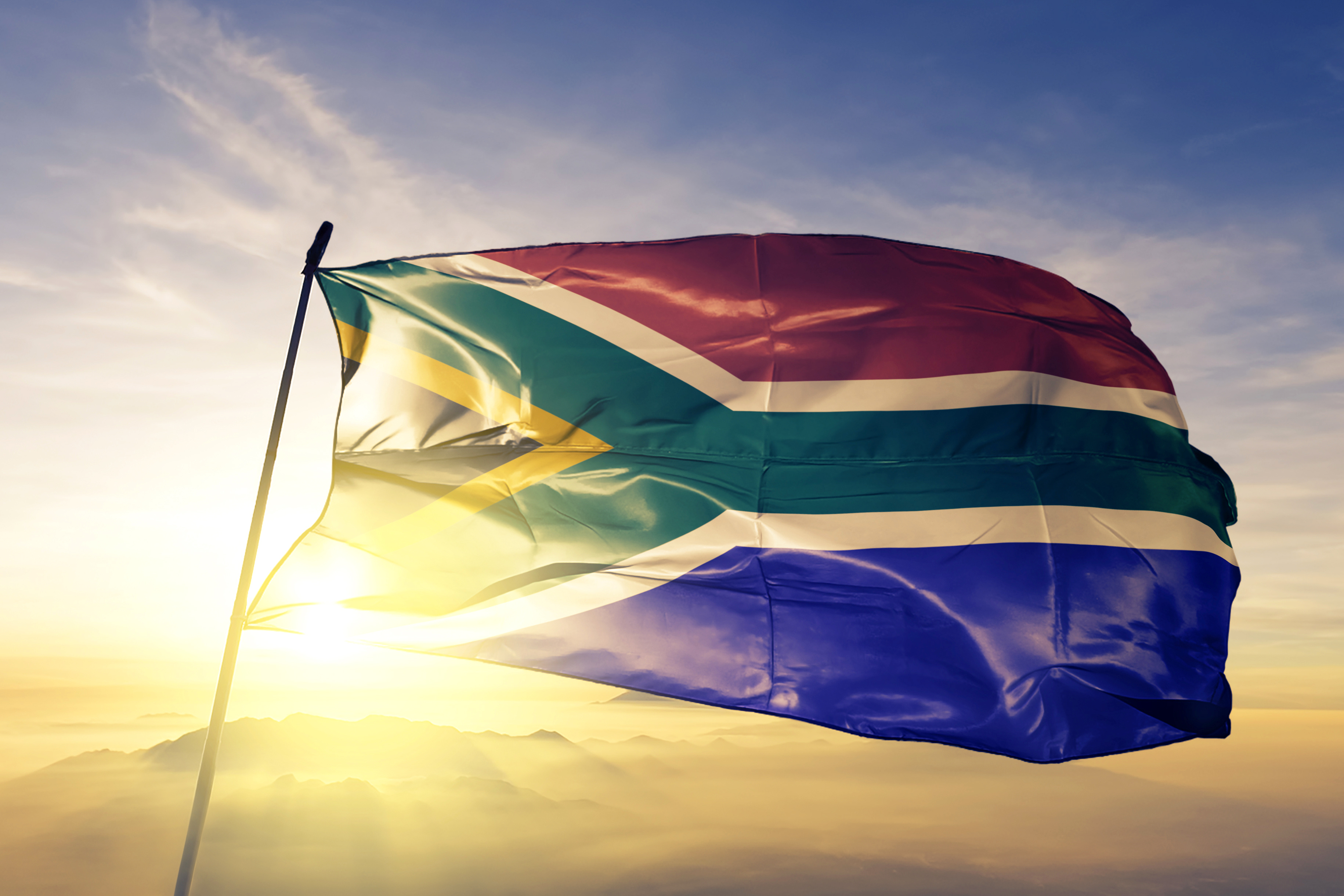
A historic shake-up in South Africa’s national assembly could soon be underway, as Africa’s second-largest economy heads to the polls.
The IOE&IT Daily Update looks at the election’s key players and South Africa’s trade profile.
ANC
Approximately 28m South Africans are heading to the polls today (29 May) in what is set to be the most closely contested election since the first democratic, post-apartheid vote took place in 1994.
The African National Congress (ANC), led to victory by Nelson Mandela in that first free election, is set to lose its majority in the South Africa’s National Assembly for the first time, as polling results roll in.
Frequently receiving as high as 70% support in past elections, the ANC has struggled under the weight of high unemployment, widespread corruption allegations and high crime rates.
If votes fall below 50%, current president Cyril Ramaphosa could be ousted after a single term. Some polls are suggesting ANC could secure only 40% support.
Ramaphosa’s position
Ramaphosa, a former union leader and the ANC’s lead negotiator in talks to end apartheid, replaced Jacob Zuma as president in 2017, after Zuma was implicated and later jailed in a $2bn corruption scandal.
A 2022 inquiry found that under Zuma, the ANC “permitted, supported and enabled corruption”. The report found several institutions, such as the country’s national railway and airport, had been left bankrupt.
Ramaphosa survived a misconduct investigation in 2018 but the party’s reputation has suffered.
Politics researcher Nicole Beardsworth told Reuters she believed the ANC was set to lose its majority:
“I don't think we're going to see the ANC get over 50%, they're going to have negotiate a coalition.
“The big question is: with whom?”.
Opposition
In light of falling support for the ANC, several opposition parties are poised to pick up votes, including one formed by Zuma: the uMkhonto we Sizwe (MK) party, named after the ANC’s former paramilitary wing.
Although legally unable to stand following his jail sentence, Zuma is able to lead his party in the campaign and has taken several populist positions.
The centre-right Democratic Alliance (DA), which promises greater privatisation and the creation of 2m new jobs, is aiming to capitalise on disillusionment with the ANC.
Originating in South Africa’s pre-apartheid parliament, the DA has positioned itself as a liberal alternative to the ANC, and enjoys significant support from the Afrikaner community.
However, a European diplomat told the Telegraph that a white-led party would struggle to make gains, given the country’s history of racial oppression.
One party that could take votes from the ANC is the left-wing Economic Freedom Fighters (EFF), which has promised to nationalise South Africa’s mines and banks, and further redress racial imbalances it says the ANC has failed to tackle.
The party has gained popularity among younger voters born in the 1990s, who are less loyal to the ANC for its achievements in ending apartheid. A potential coalition with EFF has generated concern among international investors.
Trade profile
South Africa is a major exporter of precious metals and critical minerals. Observatory of Economic Complexity data indicated that its biggest exports in 2022 were gold (US$22.7bn), platinum ($19.1bn), coal briquettes ($12.7bn) and cars ($6.9bn).
According to the US International Trade Administration, South Africa is also the world’s largest producer of platinum, vanadium, chromium and manganese.
China is the country’s largest trading partner, with a remarkably balanced exchange of imports ($23.5bn) and exports ($23.4bn) between the two nations. The US, Germany and India all occupy second, third and fourth positions as South Africa’s next largest import and export partners.
Intra-African trade is also encouraged through the Southern African Customs Union (SACU). Formerly established in 1910 but functional from the 1880s when it was introduced by British colonial administrators, the SACU operates through a single tariff regime, enabling free movement of goods.
Members include South Africa, Namibia, Lesotho, Eswatini and Botswana, with the terms of the customs union agreements underpinning the bloc renegotiated throughout the twentieth century as states gained independence from colonial occupation.
The most recent SACU data estimates that the bloc’s combined GDP was R7.3trn (US$396bn) in 2022, an increase of almost 9% from the previous year.
South Africa-UK trade
Bilateral trade was worth £10.4bn in 2023, according to data from the Department for Business and Trade. This reflects a fall of 7.8% (£884m) from the previous year.
The fall can be attributed in a large decrease in South African imports, with the UK buying goods and services worth £5.8bn, a fall of over 15%. This offset the increase in UK exports to South Africa, which rose 3.8% to £4.6bn by the end of 2023.
UK services exports, led by business services and travel, rose at a greater rate than goods, increasing 5.9% to £2.7bn. Although goods fell sharply, South African services exports also rose by 2.9% to £1.5bn. Travel and ‘other business services’ also dominated South Africa’s service exports.
The nation is also among one of five commonwealth countries which accounts for almost three quarters of total UK-commonwealth trade.
